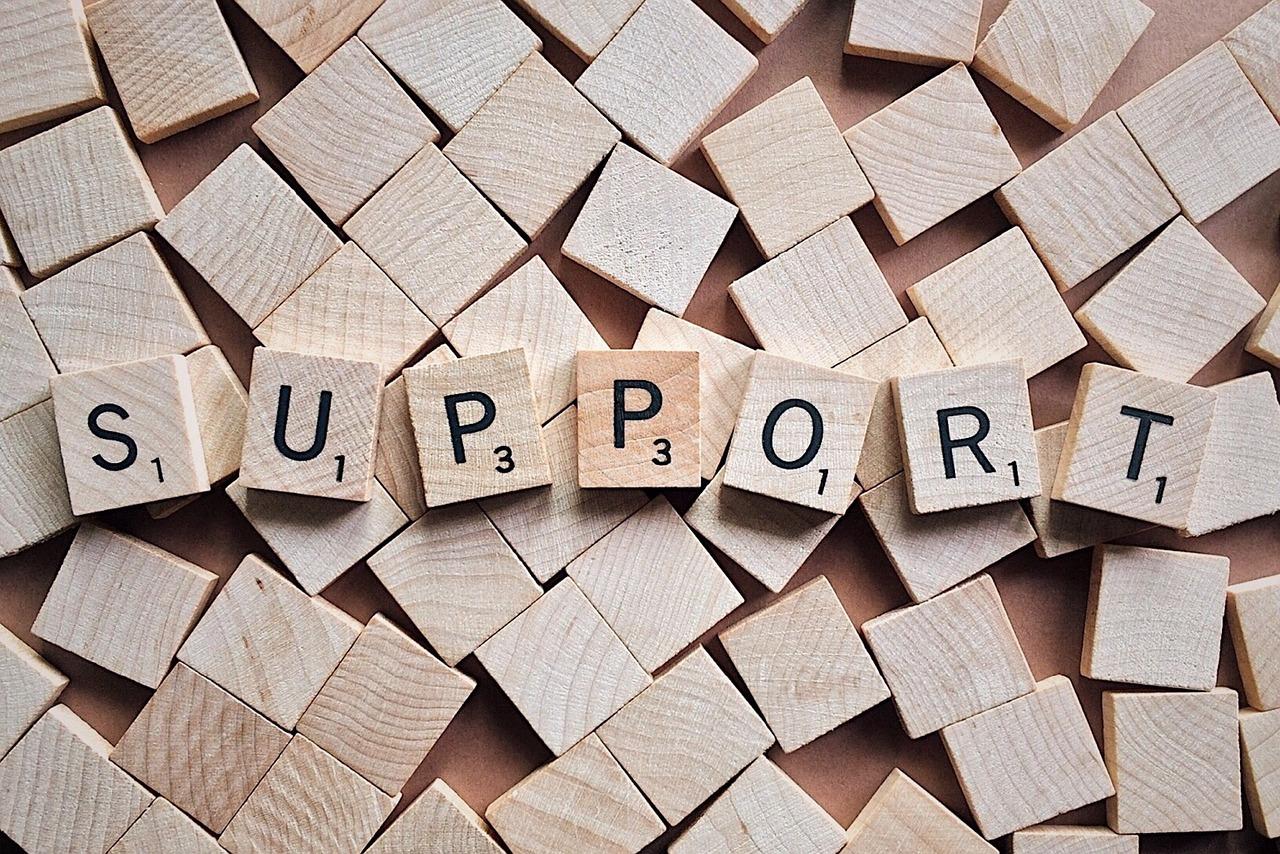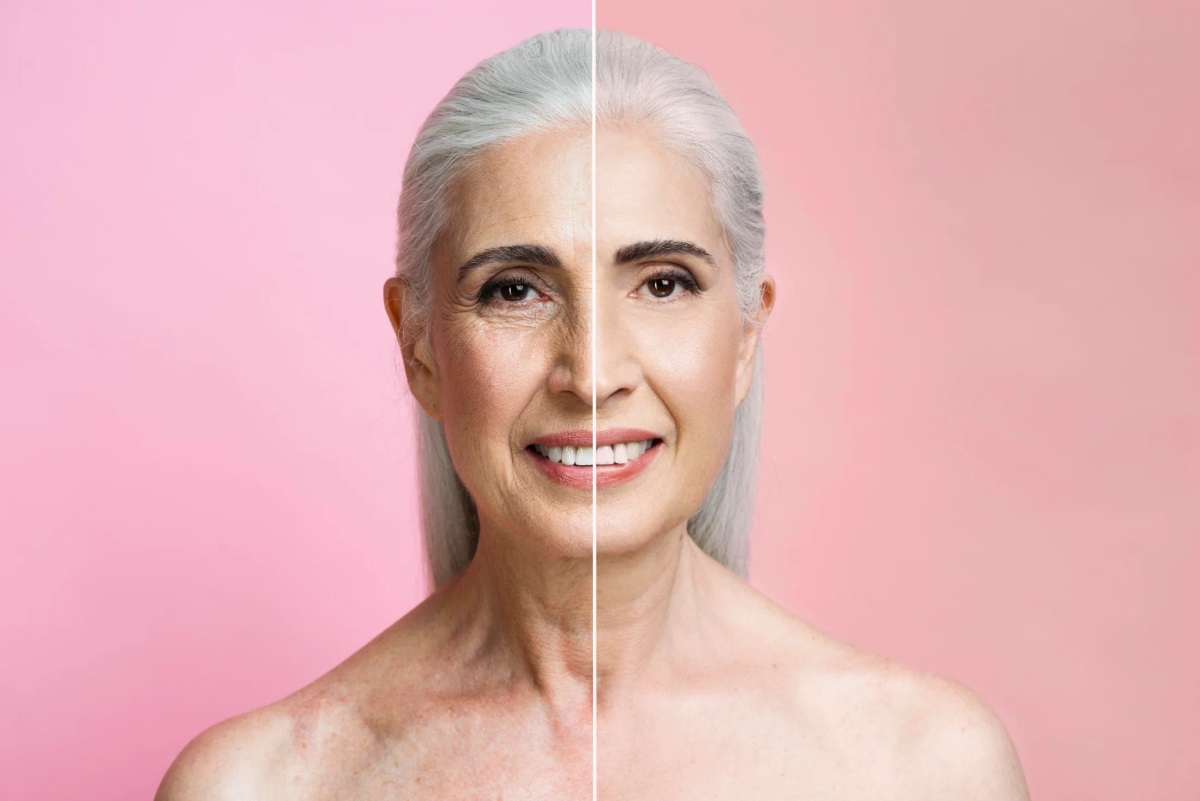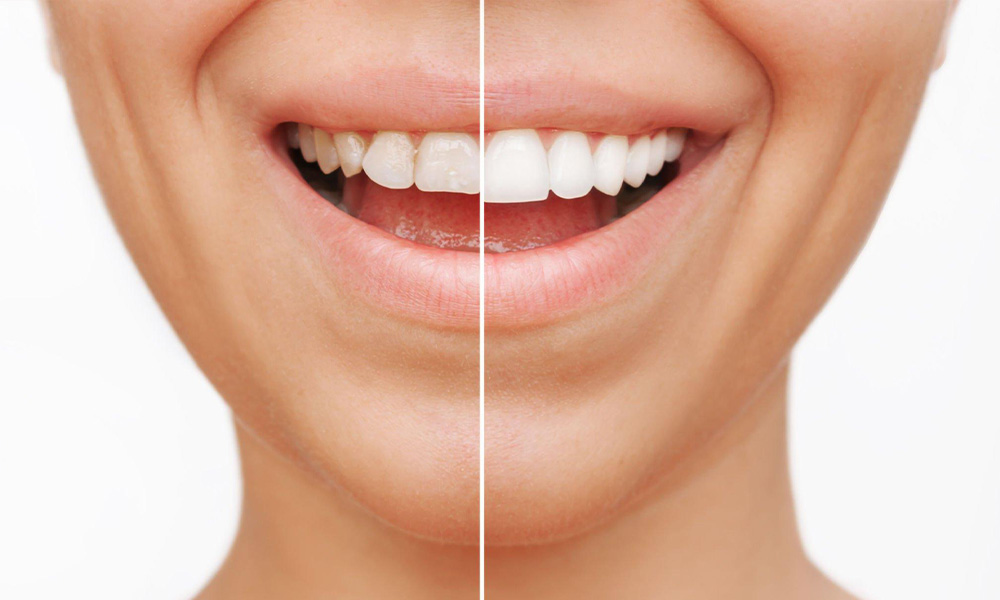Rehabilitation centers play a pivotal role in helping people overcome different challenges like addiction and substance abuse. They lay out structured and supportive environment for one’s complete recovery and present a wide range of comprehensive treatment options, professional support and a holistic approach to healing. These rehabilitations empower individuals to address their physical, mental, and emotional well-being.
Introduction to Rehabilitation Centers
Rehabilitation centers aid you in the battle against substance abuse and addiction. They provide a safe space for individuals to get rid of their bad habits and embrace a brighter and healthier lifestyle.
Definition and Purpose of Rehabilitation Centers
Rehabilitation center’s (click here for more details) main goal is to help individuals overcome different types of personal struggles like addiction, mental health issues, or physical disabilities through a combination of therapies and support.
Types of Rehabilitation Programs
Rehabilitation programs come in all shapes and sizes, catering to different needs and preferences.
- Cognitive Rehabilitation – focuses mainly on relearning or improving cognitive skills like decision making, reasoning, memory etc.
- Pharmacorehabilitation – focuses on improving physical and mental functions through the use of medication or drugs.
- Physical Therapy – focuses on restoring body movement, muscle strength and balance through targeted exercises.
- Recreational Therapy – focuses on improving the social and emotional well-being
- Speech and Language Therapy – focuses on improving mouth and tongue movement to help with voice and talking difficulties.
- Occupational Therapy – focuses on improving motor skills and the ability to perform daily activities at home, at work and community.
- Vocational Rehabilitation – focuses on preparing individuals to return to work after an illness or an injury.
Comprehensive Treatment Options Available
They offer a range of services to help you detox, heal, and grow stronger. You will have a team of experts guiding and supporting you to overcome challenges.
Medical Detoxification Services
Detoxification is like resetting your body. It helps you rid your system of harmful substances in a safe and closely monitored environment, giving your body a fresh start and a clean bill of health.
Therapy and Counseling
Therapy and counseling at rehab centers like Scottsdale Providence Recovery Center and the like provide a safe space to explore your thoughts and feelings, heal past wounds, and develop healthy coping skills.
Professional Support and Guidance
Recovery centers employ qualified medical staff who are properly trained in their field and are dedicated to your recovery.
Qualified Medical Staff
The medical staff at rehab centers have the knowledge, skills, proper training and experience to help you navigate the ups and downs of recovery with confidence and care.
Individualized Treatment Plans
These centers usually tailor their programs to best suit each individual’s specific needs and don’t believe in a one-size-fits-all approach.
Structured Environment for Recovery
Rehabilitation centers provide a structured environment keeping you safe and supported as you undergo your transformation. With a daily routine and round-the-clock supervision, it’s as if you have a safety net that allows you to spread your wings and soar towards a brighter future.
Daily Routine and Schedule
The daily routine at rehab provides structure, stability, and purpose to your days, helping you stay focused and motivated on your journey to recovery.
24/7 Monitoring and Supervision
Rehabilitation centers offer round-the-clock monitoring and supervision to ensure your safety and well-being throughout your stay. With this level of support, you can rest easy knowing that you’re in good hands as you work towards a brighter, healthier future
Holistic Approach to Healing
Rehabilitation centers provide a holistic (https://www.merriam-webster.com/dictionary/holistic) approach to healing, integrating mind, body, and spirit. By addressing all aspects of a person’s well-being, they aim to promote comprehensive recovery. This approach recognizes that healing is not just physical but also involves mental and emotional aspects.
Alternative Therapies Offered
In addition to traditional medical treatments, rehabilitation centers often offer alternative therapies to complement the recovery process. These may include activities such as yoga, art therapy, meditation, and acupuncture. These therapies aim to provide patients with additional tools for coping and healing.
Focus on Mental and Emotional Well-being
These centers focus on mental and emotional well-being, recognizing the importance of addressing co-occurring disorders and providing emotional support and coping strategies. By addressing these aspects, individuals can work towards long-lasting recovery.
Addressing Co-Occurring Disorders
Many individuals struggling with addiction also face mental health issues. Rehabilitation centers address these co-occurring disorders through specialized treatment programs that cater to individuals’ unique needs. By treating both issues concurrently, individuals have a better chance of achieving lasting recovery.
Emotional Support and Coping Strategies
Recovery centers provide emotional support and equip individuals with coping strategies to navigate challenges they may encounter during their recovery journey. Through therapy sessions, counseling, and support groups, individuals learn how to manage their emotions and develop healthy coping mechanisms.
Building a Strong Support Network
Rehabilitation centers help individuals build a strong support network by offering group therapy sessions, fostering connections with peers who understand their struggles, and providing opportunities for personal growth and development.
Group Therapy Sessions
Group therapy sessions allow individuals to connect with others facing similar challenges, providing a sense of community and understanding. These sessions promote communication, empathy, and support among peers, fostering a network of encouragement and accountability.
Family Involvement and Education
Rehabilitation centers involve families in the recovery process by providing education and resources on addiction, mental health, and how to support their loved ones effectively. Family involvement can strengthen relationships, improve communication, and provide a crucial support system for individuals in recovery.
Long-Term Benefits of Rehabilitation
Recovery centers focus on long-term benefits by offering relapse prevention strategies, aftercare planning, and continued support to help individuals maintain their sobriety and well-being beyond their time in treatment.
Relapse Prevention Strategies
These centers equip individuals with relapse prevention strategies to help them identify triggers, develop coping skills, and navigate high-risk situations effectively. By empowering individuals with these tools, they can better manage cravings and maintain their sobriety. Visit this link for more tips on relapse prevention.
Aftercare Planning and Continued Support
Rehabilitation centers work with individuals to create personalized aftercare plans that outline ongoing support and resources post-treatment. This may include outpatient therapy, support group meetings, sober living arrangements, and follow-up appointments to ensure individuals have the necessary support for sustained recovery.
In conclusion, recovery centers offer a path to healing and recovery for individuals struggling with addiction. By providing a supportive and structured environment, professional guidance, and a holistic approach to wellness, these centers equip individuals with the tools they need to overcome their challenges and lead a fulfilling, sober life.





